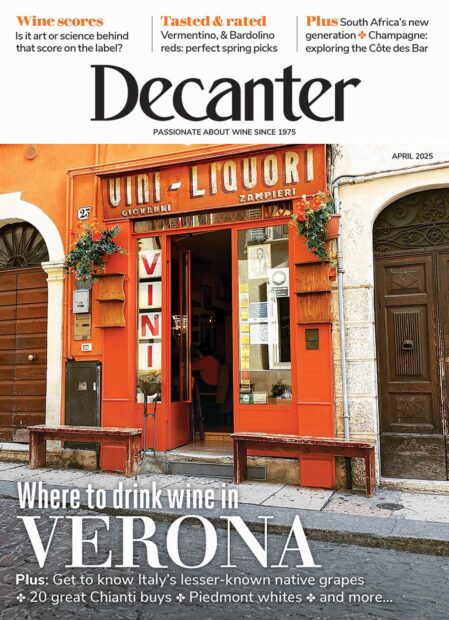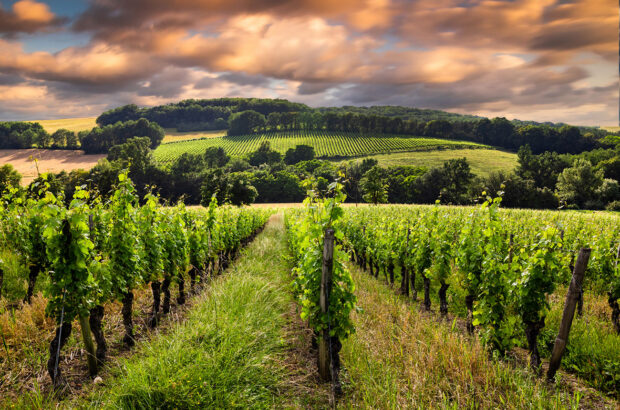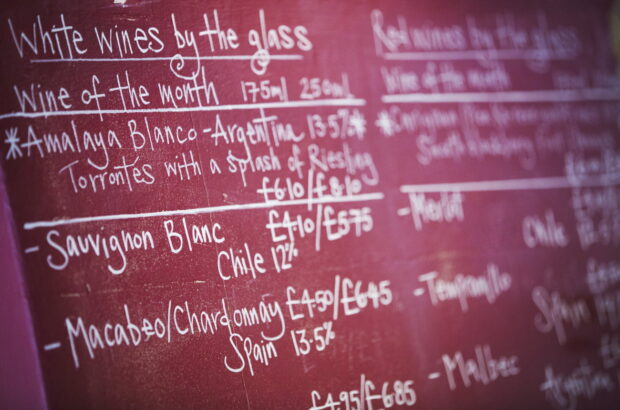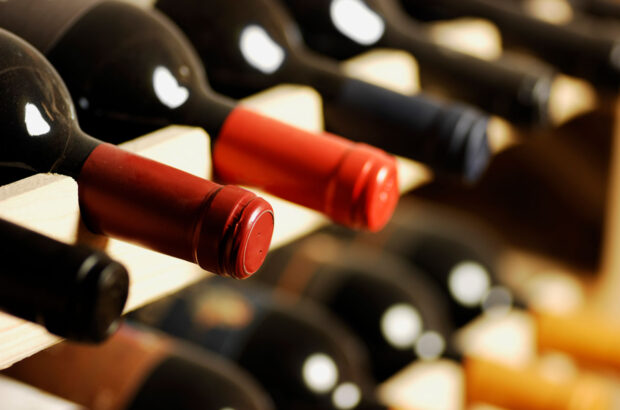Opponents of California's ban on foie gras - which comes into effect next year - are looking to challenge it as a violation of the US Constitution.
Image: Philafoodie
California passed law SB1520 in 2004 banning force feeding of any bird, effectively outlawing foie gras, which is produced by ‘speed feeding’ geese and ducks via a special tube.
The law has an eight-year lead time and comes into effect in July 2012; how to deal with it was being discussed by a group of farmers and restaurateurs who met in San Francisco last week.
One route the group considered is to challenge the law as violating the Commerce Clause of the Constitution, because it interferes with interstate and foreign commerce.
This defence worked in Chicago, where a law prohibiting restaurants from serving foie gras was repealed in 2008.
For all that the American foie gras industry is minute – there is only one producer in California – opposition is heartfelt.
Restaurateurs feel it is misguided. It prohibits choice, they say, and misses an opportunity for California to set a standard on foie gras production.
‘By banning foie gras…the state abdicated any opportunity to influence the industry,’ Mark Pastore, owner of San Francisco restaurant Incanto told the San Francisco Chronicle. The state could have set ‘a gobal standard’ on how it is produced, he said.
At the same time, opponents say the wording of the law is too loose – it defines force-feeding as any process that ‘causes the bird to consume more food’ than it would ‘voluntarily while foraging’ – and could set a precedent for other meat industries.
One chef, Daniel Scherotter of Palio d’Asti in San Francisco, said that any animal bred in captivity is force fed by that definition.
Foie gras polarises opinion even within the fine dining world. Chicago chef Charlie Trotter, for example, banned it from his kitchens in 2005, while renowned figures like Raymond Blanc of Oxfordshire’s Le Manoir Aux Quat’ Saisons, and Jean-Christophe Novelli vowed never to bow to pressure.
Worldwide, Israel is committed to a ban and several European countries – including Germany, Luxembourg and Italy – have outlawed force feeding.
Decanter’s consultant food editor, Fiona Beckett, originally a fan, said she would never eat foie gras again after visiting an artisanal farm in the seat of foie gras, Gers in Southern France.
In a Decanter feature she agreed the process did not seem cruel – birds are fed pellets via non-invasive tubes – and that ‘the ducks seem unstressed, positively greedy’.
But, she went on, ‘is it right to fatten a creature to the extent that it can’t walk for the sake of a luxury product we don’t need? Foie gras lover though I’ve been, I can no longer accept that it is. After my visit, contrary to all my expectations, I’ve decided I won’t eat it any more.’
Written by Adam Lechmere in Napa







